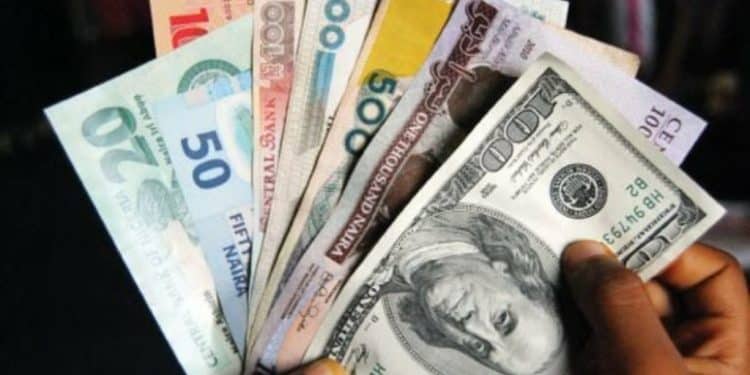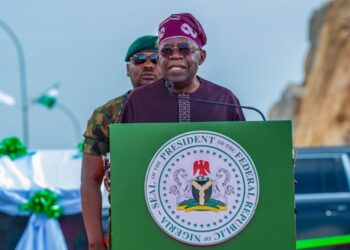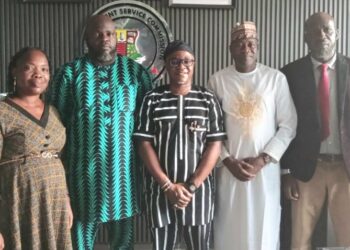Economists have warned that Nigeria’s ailing economy might worsen as political parties and their candidates begin electoral campaigns for the 2023 general elections.
The PUNCH reports that the economists especially warned that the aftermath of politicians’ possible excess liquidity in the system, occasioned by electioneering, might further increase the inflation rate and lead to a further devaluation of the naira.
REPORTERS AT LARGE reported that the dollar hit N735 in the parallel market on Wednesday, the same day electioneering for the elections officially commenced.
The Electoral Act 2022 has a cap on political donations and expenditures by parties and candidates.
The National Bureau of Statistics reported earlier in August 2022 that Nigeria’s headline inflation rate increased to 20.5 percent from 19.64 percent in July.
Speaking to The PUNCH in separate interviews, the experts called for stringent measures against the country’s money politics, particularly politicians’ dollarisation of the economy.
A Professor of Economics at the Olabisi Onabanjo University, Ago Iwoye, Ogun State, Sherrifdeen Tella, warned that the country might suffer dire consequences if politicians release too much cash into the system.
Tella said, “If it is foreign currency, the economy will be awash with a lot of foreign currencies which on the one hand is good. But on the other hand, it is bad because it will cause a lot of inflation. It will further depreciate the naira because people will start changing the foreign currencies to naira that they can spend, and that will cause a further depreciation of the naira. That will result in a higher level of inflation because of the fact that it will lead to a higher cost of production.”
The professor, however, decried that Nigerian politicians were not likely to obey the provisions of the Electoral Act 2022.
Also speaking to The PUNCH, Prof Usman Muttaka of the Ahmadu Bello University, Zaria, Kaduna State, raised a similar alarm. According to him, the Central Bank of Nigeria’s Monetary Policy Committee might respond to the rising inflation by raising the benchmark interest rate, following which politicians might leave the economy with excess liquidity.









